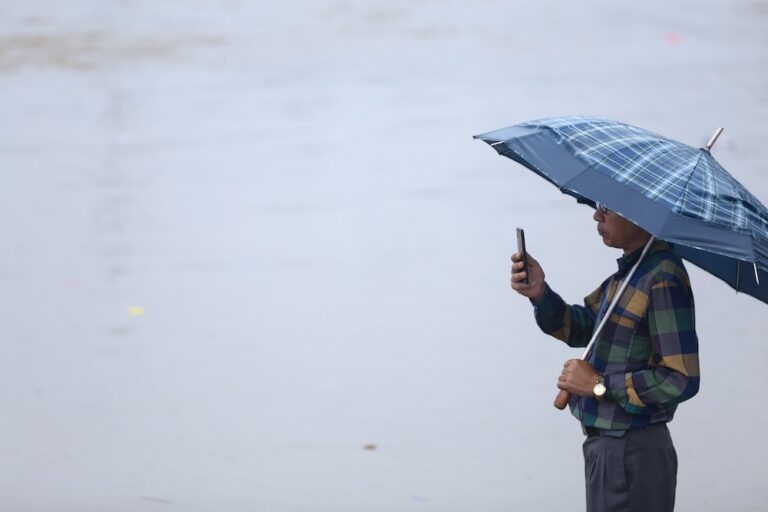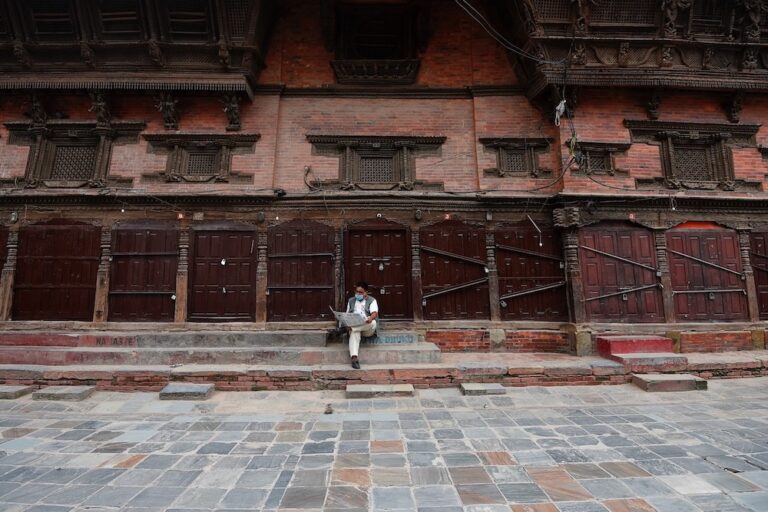(RSF/IFEX) – On 21 August 2002, RSF voiced its outrage over the brutal murder by Maoist rebels of journalist Nawaraj Sharma “Basant”, editor of “Karnali Sandesh”, an independent publication in western Nepal. The organisation called on the Maoist insurrection’s political and military leaders to immediately halt all violence against journalists. RSF also urged the authorities […]
(RSF/IFEX) – On 21 August 2002, RSF voiced its outrage over the brutal murder by Maoist rebels of journalist Nawaraj Sharma “Basant”, editor of “Karnali Sandesh”, an independent publication in western Nepal.
The organisation called on the Maoist insurrection’s political and military leaders to immediately halt all violence against journalists. RSF also urged the authorities to ensure that those responsible for the killing not go unpunished.
“After abducting Radio Nepal news presenter Dhana Bahadur Rokka Magar less than a month ago, the Maoist rebels have now targeted the editor of the only independent publication in the most isolated part of western Nepal,” RSF Secretary-General Robert Ménard noted. “By unleashing this violence against journalists, the Maoists have given further evidence of their radical opposition to pluralism of opinions,” he added.
On 13 August, Sharma “Basant”‘s mutilated body was found near the village of Suna (Karnali province, western Nepal). His killers, identified as Maoist rebels, had cut off his limbs, ripped out his eyes, and finished him off with a bullet to the chest. According to a local journalist questioned by RSF, armed men abducted the editor from his home in the district of Kalikot on 1 June.
Since then, the Maoist rebels have threatened the journalist’s family members and prevented them from going to Kathmandu to receive the government aid normally accorded to close relatives of the Maoists’ victims. Sharma “Basant”‘s newspaper, “Karnali Sandesh” (Karnali’s Message, launched in 1999), was the only independent weekly in the far west, Nepal’s most disadvantaged region.
Sharma “Basant” was also president of the local branch of the Federation of Nepalese Journalists (FNJ) and director of Kalikot school. He was previously kidnapped in February by a Maoist group, and was held for nearly three months. After his release in May, he was questioned for five days by the security forces, who suspected him of being a Maoist “spy”.
In its report on the press freedom situation in Nepal, published in March, RSF wrote that: “The situation has changed with the proclamation of a state of emergency, and the Maoists, who have executed dozens of ruling Congress Party members since 1996 and who executed a human rights activist more recently, could be tempted to turn against journalists accused of collaborating with the government, especially provincial correspondents.”


